Today, October 23rd, under the chairmanship of Deputy Speaker of the National Assembly Nguyen Khac Dinh, the National Assembly discussed in the plenary session several issues on which there were differing opinions regarding the draft Law on Juvenile Justice.
Representative Hoang Duc Thang speaking at the National Assembly on October 23, 2024 - Photo: NTL
Speaking at the discussion session, Deputy Head of the Quang Tri Provincial National Assembly Delegation, Hoang Duc Thang, generally appreciated the quality of the draft law and agreed with the explanatory report on the acceptance of feedback from the National Assembly Standing Committee. However, he requested further clarification on the following issues:
Regarding the phrase "the best interests of the minor," the delegate suggested that the drafting agency should clarify this phrase, listing in detail the group of rights and best interests that need to be included in Article 4 to explain the concept of "best interests" in these regulations.
Regarding the right to full and timely information in Article 9, we propose that the drafting agency consider adding the following content: "For minors who are members of ethnic minorities, in cases where it is deemed necessary to use both Vietnamese and the ethnic language of the minor participating in the proceedings" to protect the rights of minors from ethnic minorities who are not yet literate, and to provide more favorable legal support for this group.
Regarding the regulations on restricted travel hours in Article 46, Representative Hoang Duc Thang argued that restricting the travel hours of juvenile offenders to between 6 PM and 6 AM the following day is inappropriate and will create difficulties and obstacles for them in attending school or vocational training. Therefore, he suggested that the drafting committee consider and revise the "restricted" time frame in a more flexible and appropriate way, for example, by moving it from 9 PM to 5 AM the following day, or leaving this regulation to be stipulated in subordinate legal documents.
Regarding the provision on fines in Article 113, although the Standing Committee of the National Assembly has provided explanations, Representative Hoang Duc Thang expressed concerns about the content and legality of this article, suggesting that the National Assembly should reconsider the provision on fines for minors aged 14 to under 16, as the 2015 Penal Code, amended and supplemented in 2017, does not stipulate fines for this group. Specifically, Article 91 (principles for handling juvenile offenders) and Article 98 (punishments applied to offenders under 18) include: warning; non-custodial correctional punishment; and fixed-term imprisonment.
Therefore, including monetary penalties in the regulations for this age group is inconsistent with the current Criminal Code. In practice, minors are mostly dependents who do not possess their own assets. Furthermore, verifying whether they have income or assets creates administrative procedures. In specific cases, this verification is not simple or feasible, leading to inconsistencies and failing to ensure fairness and equality before the law; some are fined, while others are not.
Therefore, the representative suggested that the National Assembly should not prescribe this punishment, or if it is prescribed, it should not be prescribed arbitrarily.
On the other hand, the draft law also stipulates that if the family or relatives of a minor voluntarily pay the fine, this is not a mandatory penalty and does not target the correct group. This could create a sense of complacency among the children, allowing them to simply pay the fine after committing a violation, thus failing to serve as a deterrent or educational measure . Representative Hoang Duc Thang commented that this regulation is "more harmful than beneficial" and needs further research, consideration, and deliberation.
Nguyen Ly - Thanh Tuan
Source: https://baoquangtri.vn/dai-bieu-quoc-hoi-hoang-duc-thang-gop-y-du-thao-luat-tu-phap-nguoi-chua-thanh-nien-189190.htm


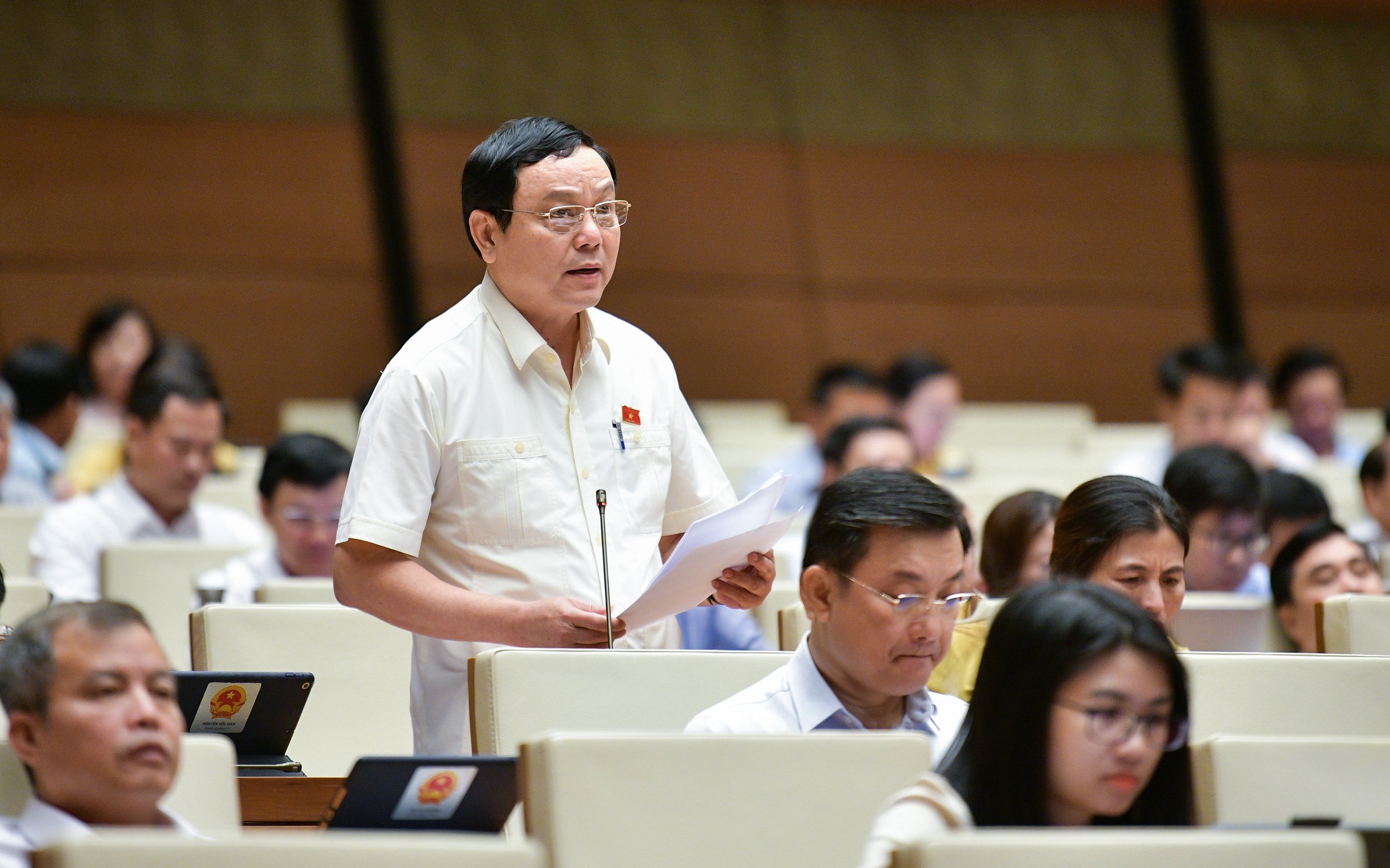
![[Photo] Prime Minister Pham Minh Chinh holds a phone call with the CEO of Russia's Rosatom Corporation.](/_next/image?url=https%3A%2F%2Fvphoto.vietnam.vn%2Fthumb%2F1200x675%2Fvietnam%2Fresource%2FIMAGE%2F2025%2F12%2F11%2F1765464552365_dsc-5295-jpg.webp&w=3840&q=75)





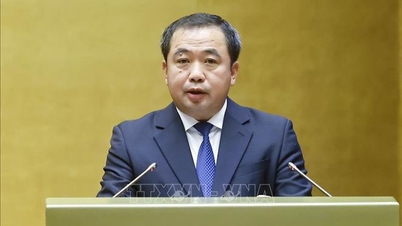

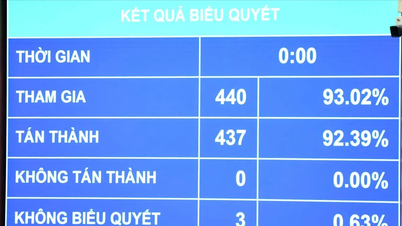

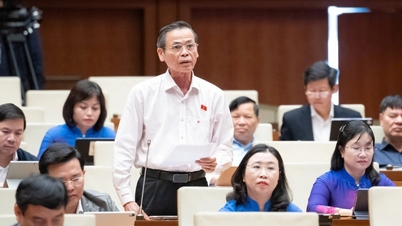





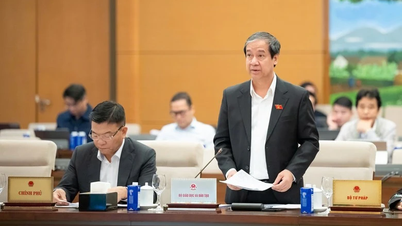

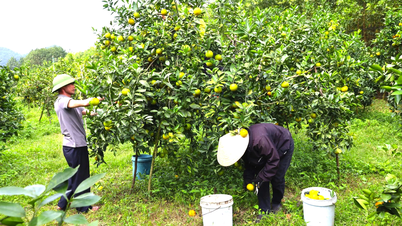

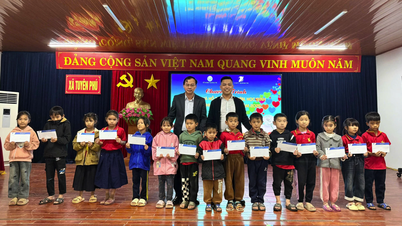

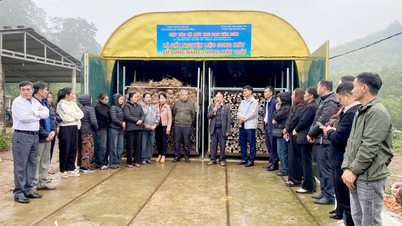

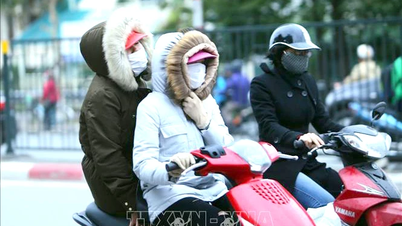









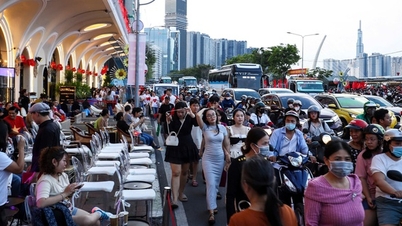




















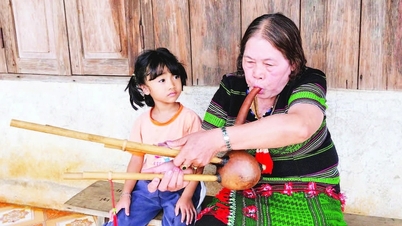




















































Comment (0)